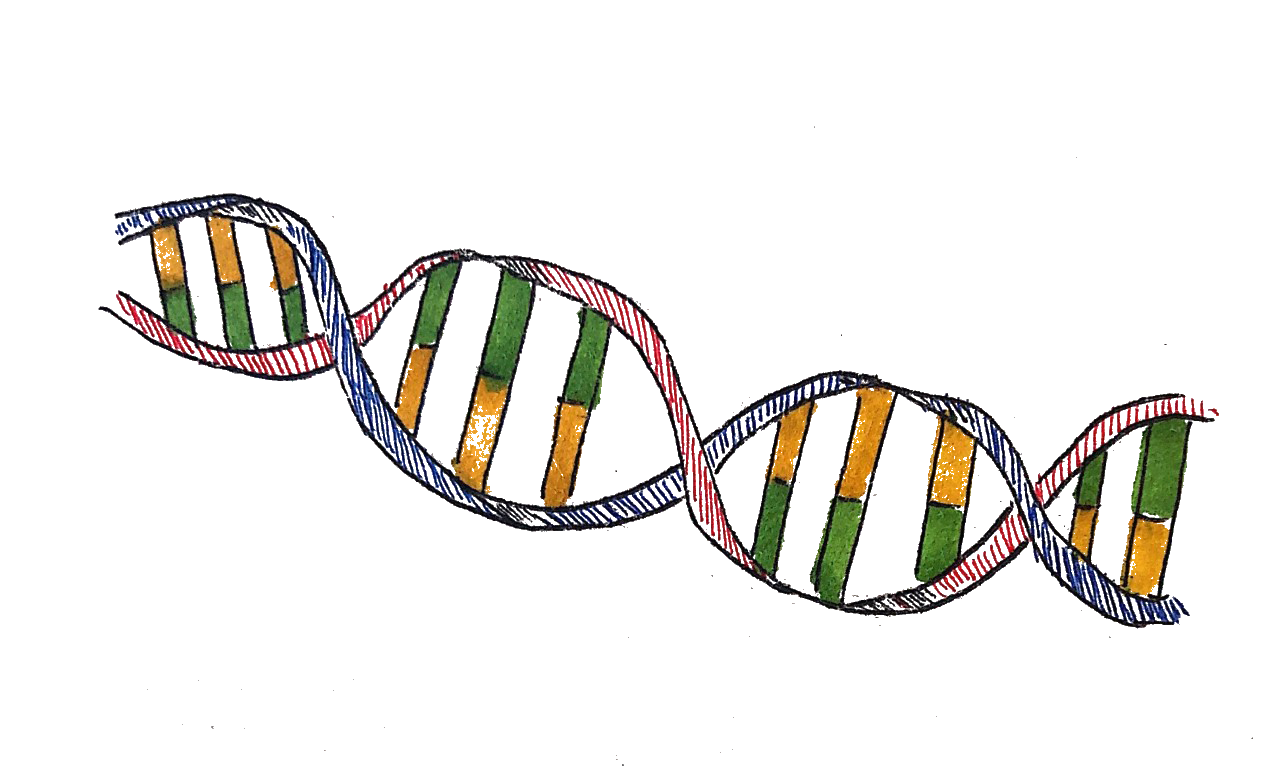
Susanna Liu
Often, cancer cells are able to spread by evading detection by the immune system. But earlier this month, Yale researchers described a new way for the body to discover and attack tumor cells in mice.
Using CRISPR to alter gene expression, the new technology forces cancer cells to mark themselves for destruction by the immune system and could be used to establish a “cell-based vaccination strategy,” according to a paper published in Nature Immunology on Oct. 14. In the study, the authors described their new immunotherapy, called MAEGI, or multiplexed activation of endogenous genes.
“In this study, we engineered a CRISPR-based strategy to force tumor cells to broadcast their aberrant proteins to the host immune system,” wrote co-first author Ryan Chow MED ’22 in an email. “Think of it like making tumors wear glow-in-the-dark vests that make it much easier for the immune system to recognize and attack the tumors.”
Researchers introduced CRISPR into tumor cells, which then expressed conspicuous markers that immune cells were able to detect and destroy. They tested the efficacy of the MAEGI immunotherapy on mice with melanoma, breast cancer and pancreatic tumors, and found that their immunotherapy catalyzed immune responses to these tumors. The researchers also noted that the immunotherapy had the potential for many functional applications against multiple cancers and tumor types.
“We were excited to see that the treatment at one tumor site could lead to tumor rejection at distant tumors as well,” Chow wrote. “This suggests that the immune response elicited by the treatment is systemic, and could potentially be used to treat even metastatic disease in patients.”
Elaborating on the treatment’s potential benefits, senior author and assistant professor of genetics Sidi Chen told YaleNews that once the immune system marks tumor cells, the cancer will be recognized in the future.
Chow wrote that until now, researchers have not been able to manipulate processes within tumor cells. He added that the new immunotherapy could be used in conjunction with other cancer treatments to improve patient outcomes.
“This concept of forcibly over-expressing endogenous genes in tumors seems very promising in our preclinical studies thus far; hopefully other researchers in the field will agree and bring their expertise to this area of research,” Chow wrote.
The Yale Cancer Center was established in 1974.
Neha Middela | neha.middela@yale.edu







